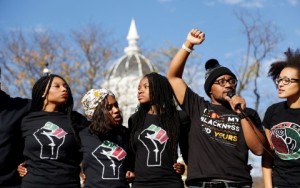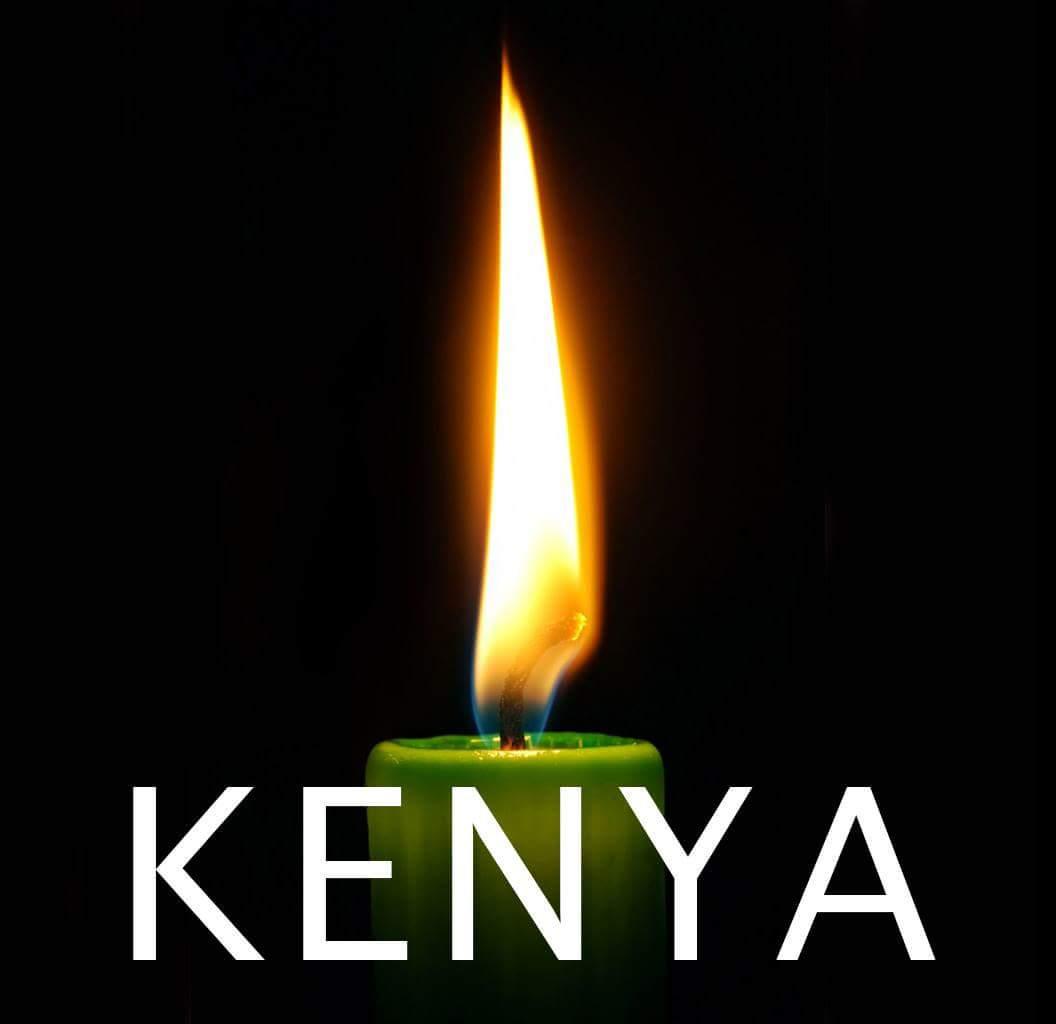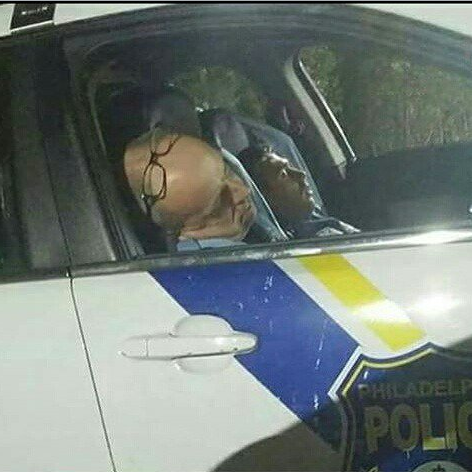
The
Field Negro education series continues:
The following is an essay that was written for the
Los Angeles Times by
Dexter Thomas:
"For many black Americans, watching black people die on camera feels like a job.
It’s not something they’re paid for, unless they are a journalist. But it can still feel like an obligation, because every time a
new video is released of a black person being shot by police, black people know that America’s response to that video will affect their lives.
This is why when a judge forced Chicago officials to release
video of the 2014 shooting of 17-year-old
Laquan McDonald by Officer
Jason Van Dyke, a group of young activists
used the hashtag #BeforeYouWatch to encourage people to take a collective breath to brace themselves.
Support your friends, some wrote along with the hashtag.
Remember that we all process pain differently, and this will be painful.
The video is disturbing, but in a more abstract way than, for example, the
first-person view of the shooting of Sam Dubose in Cincinnati. It's taken from the dashboard camera of a police cruiser, which is too far away to show McDonald’s facial expressions, and the officer is out of frame.
Instead, we can see only the body of McDonald jerk, and puffs of smoke rising as the 16 shots are fired. The shooting is too far away to be able to see any wounds, and the only evidence that there is blood is the faint reflection of a shiny wet pool, glinting briefly in the lights of a police vehicle that arrives after the last shot has been fired.
A lot of people didn’t feel the need to watch the video. Some avoided it. Another common trend in the
#BeforeYouWatch tweets was a reassurance:
It's OK if you don't want to watch the video.
But for tens of thousands of people, black and otherwise, that decision was made for them when the Daily Beast
posted an animated GIF image of the shooting on their Twitter account. Any one of their nearly 1 million followers who was scrolling through their own timeline saw a looped animation of a boy’s body tremoring in the dark.
A widely shared tweet from writer and novelist Brit Bennett
needed only 135 characters to summarize the feelings of many:
A GIF of a black boy's murder feels like a disgustingly accurate metaphor for black death: casually consumed, forever looping, endless.
The Daily Beast later deleted the image after a vigorous outcry and
tweeted an apology.
But that didn’t put an end to the part of the “forever looping, endless” cycle that begins every time these videos are released: the backlash of an America that is still afraid to confront its own racism.
This where the exhaustion begins anew.
Each time a video of police brutality is released, a group of optimistic people holds out hope that perhaps, this time, a video will convince all of America that something is wrong.
But when those hopes are dashed, black people are subjected again and again to deflections of the reality of racism, sometimes framed as concern-trolling questions from columnists, co-workers and even family members:
Why don’t black people stop focusing on police, and do something about black-on-black crime?
People with the patience to address this question may answer that
they do. Too many people just aren't paying attention. They may be able to cite any one of a number of examples, such as the dozens of activists who marched 35 miles in sweltering heat in August to
show a commitment to stop gun violence in their own communities.
But they’ll still have to deal with the
bizarre racial gymnastics in which people dissect the videos and find something, anything, that could make a black person’s death his or her own fault –
if he hadn’t resisted, if she had been more polite, if he hadn’t sold cigarettes.
And then there’s the tactic of reducing the issue from racism to “a few bad cops” – or, as Chicago
Mayor Rahm Emanuel said, the officer who shot McDonald "doesn’t represent our department."
But as the Chicago Reporter notes, it appears that
the entire department, along with city officials, conspired to cover up the shooting. The autopsy
does not match the official police report, and according to an attorney that helped bring this case to national attention, the city government “spent a year stonewalling any calls for transparency.”
Perhaps the latest incident will convince some people that something is deeply wrong in this country. But that won’t be enough. For too many Americans, admitting that the U.S. has a race problem, and that black people bear the brunt of that race problem, is an insurmountable task.
In the protests that will occur during coming days, we enter another stage of the looping cycle: the waiting game.
Many black people will cross their fingers that nobody will "act out" at a protest. Even if everyone is calm, there’s still the fear of
being shot by white supremacists, which is reportedly what happened in Minnesota on Monday. But if one person – black or not – throws a stone, the protests could be labeled “riots,” giving Americans an excuse to ignore the root causes.
That would only intensify the cycle of deflection.
Again, black people will have to answer insincere questions from co-workers and friends, and again combat memes of fake statistics on black crime,
spread by the most popular GOP presidential candidate.
It’s exhausting.
The activists marching in Chicago don’t necessarily expect all of America, or even all black people, to join them in the streets. But they know that they will be a topic of conversation at
millions of dinner tables this Thanksgiving. And they may wonder if the well-meaning folks all across America who “like” their Facebook posts will speak up this time when their
uncle starts calling Black Lives Matter a “terrorist group.”
Being black in the
digital age is exhausting for the same reason that
being brown after 9/11 is exhausting, or being an immigrant, or a woman, or gay, can be exhausting: because whenever the weight of hundreds of years of injustice comes to light, you are told that it is your fault.
And you are left to shoulder the burden, again, alone."
[Source]
It
is all "exhausting", but we as black folks have to keep pushing and keep persevering like we have been doing for "hundreds of years" in this country. We have to understand the struggle, but we can't use it as an excuse to not maximize our potential. In fact, it should make us work harder. That's what field Negroes do.
*Pic from chicagotribune.com


 Would love to post. But wifey says, "Stay off that damn blog!"
Would love to post. But wifey says, "Stay off that damn blog!"





 I am on twitter a lot, and I couldn't help but notice all the avatars of French flags and the French colors that went up after the terror attacks in Paris.
I am on twitter a lot, and I couldn't help but notice all the avatars of French flags and the French colors that went up after the terror attacks in Paris. 


















